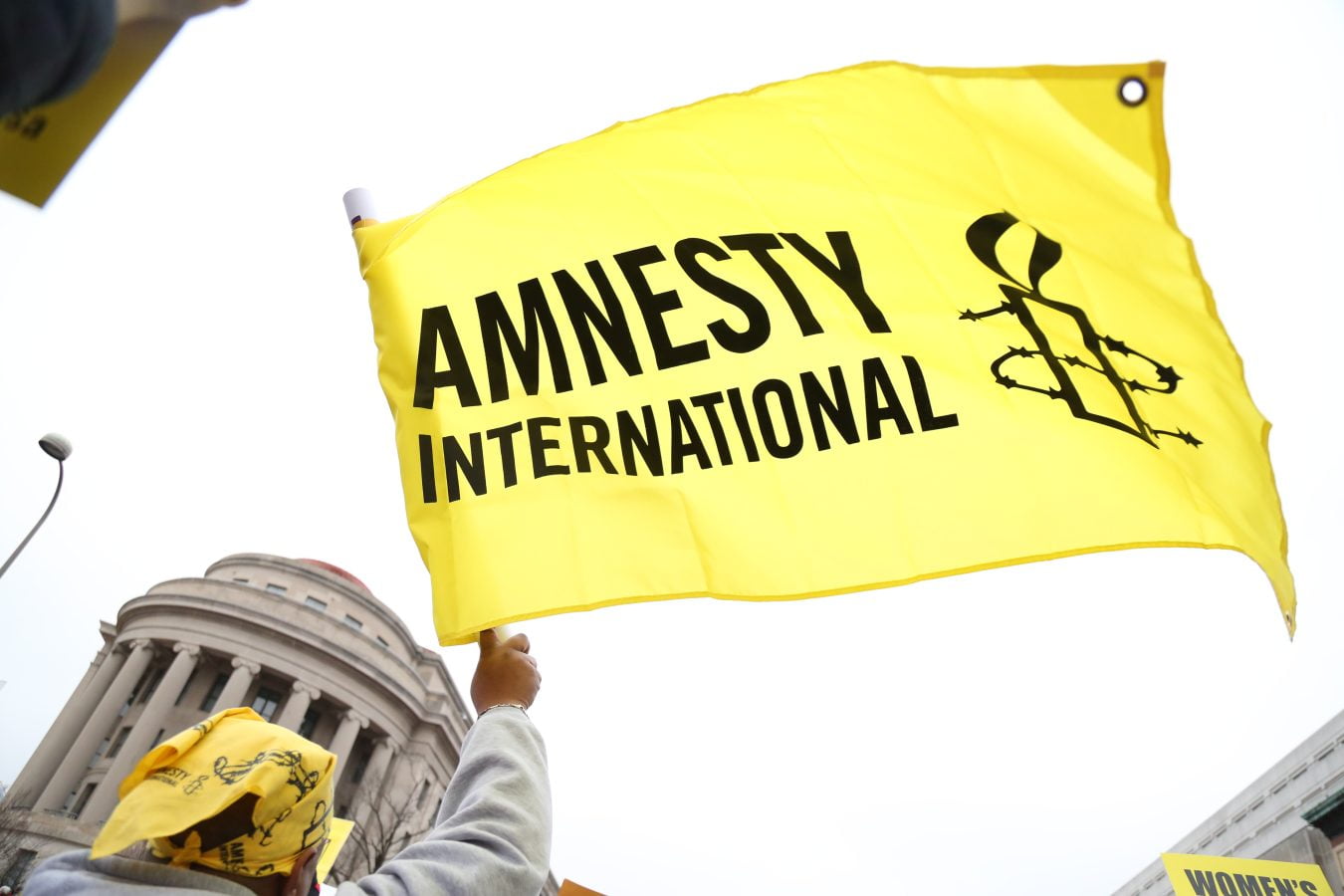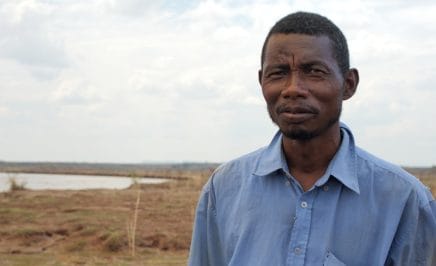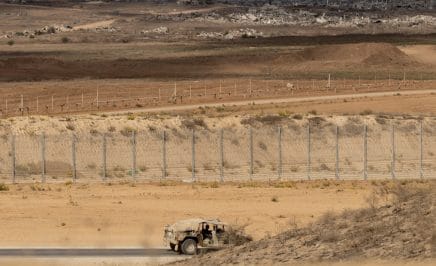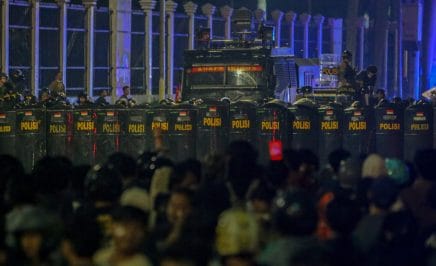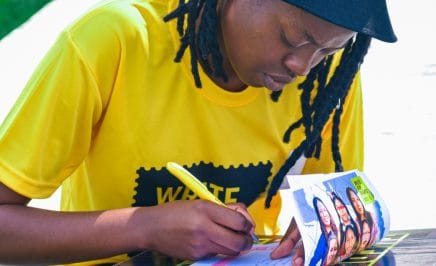Amnesty International Australia strongly opposes the call by Australia’s antisemitism envoy to ban pro-Palestinian protests from city centres. Protests advocating for a ceasefire, the protection of human rights, and an end to Israel’s genocide of Palestinians in Gaza are an essential and protected outlet for Australians to freely express their views.
Australia has a long and proud history of anti-war protests, including social movements opposing the Vietnam war, against nuclear weapon proliferation and the Iraq war. Public marches for peace are a defining part of Australia’s rich and robust democracy and have contributed to Australia adopting positions in the international community that help to bring an end to wars.
The right to protest in public spaces makes the foundation of a democracy and is a fundamental human right. Authorities have an obligation under international law to protect and facilitate peaceful assemblies, not restrict them.
Amnesty International Australia abhors antisemitism, Islamophobia, and all forms of racism. Discrimination in any form has no place in society. However, criticism of blatant human rights violations and genocide is not hate speech. It is crucial to differentiate between hateful acts and calls for justice, freedom, and human dignity. Calls to ban peaceful protests in city streets are out of step with the value placed on the right to protest in Australia and risks silencing pro-Palestinian voices and stifling necessary public discussions about human rights violations.
“To characterise these demonstrations as ‘intimidatory’ is not only misleading but dangerous. It delegitimises the voices of those calling for justice in Gaza and beyond. Criticism of state actions is not hate—it is the exercise of freedom of expression, a right that must be safeguarded, not suppressed.”
Mohamed Duar, Amnesty International Australia’s Occupied Palestinian Territory
Mohamed Duar, Amnesty International Australia’s Occupied Palestinian Territory spokesperson says:
“To characterise these demonstrations as ‘intimidatory’ is not only misleading but dangerous. It delegitimises the voices of those calling for justice in Gaza and beyond. Criticism of state actions is not hate—it is the exercise of freedom of expression, a right that must be safeguarded, not suppressed.”
Under international human rights standards, restrictions on protests can only be imposed if they are lawful, pursue a legitimate aim, and are necessary and proportionate. Blanket bans on demonstrations simply for their political message or location are unlawful and discriminatory.
“The peaceful protests in Sydney, Melbourne, and other cities have joined millions of people across the world, expressing their solidarity and exercising democratic engagement. These gatherings have been overwhelmingly peaceful and have brought together diverse communities united by a shared commitment to human rights,” says Mohamed Duar.
“The solidarity shown across Australia and the world has even reached civilians in Gaza who are enduring unimaginable suffering. It is essential that these voices are not silenced but amplified in the fight against human rights abuses.”
Amnesty International Australia calls on the government to protect the right to protest, resist discriminatory narratives, and ensure that the fundamental freedoms of assembly and expression are upheld for all.
